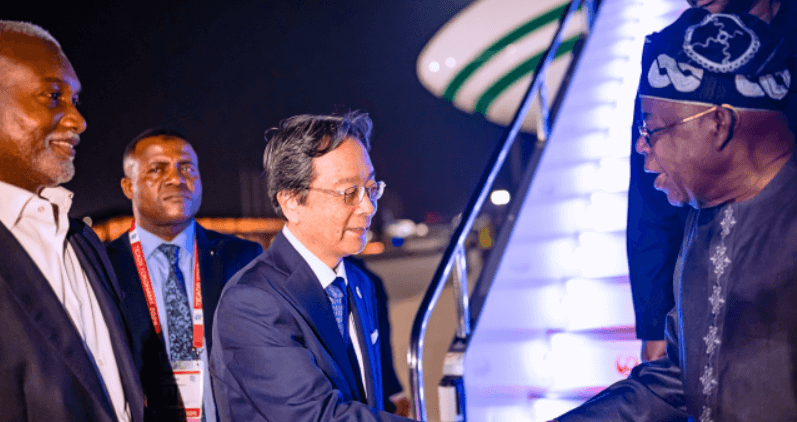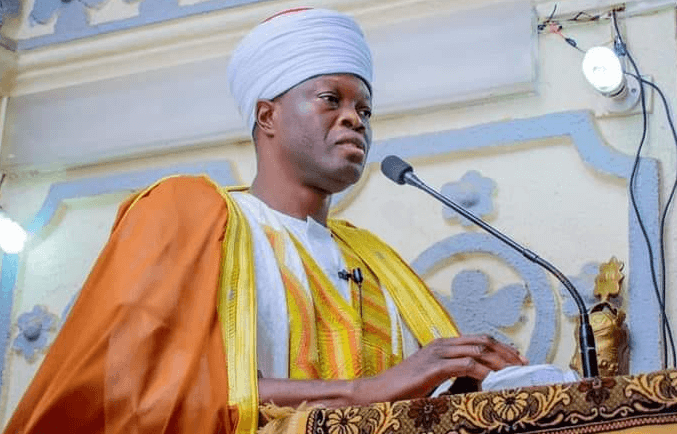Japan has opened its doors to African leaders for the 9th Tokyo International Conference on African Development (TICAD), a three-day summit aimed at deepening cooperation and positioning Tokyo as a reliable development partner for the continent.
The conference, which began on Wednesday in Yokohama, Kanagawa Prefecture, brought together top leaders including Nigeria’s President Bola Ahmed Tinubu, South Africa’s President Cyril Ramaphosa, Kenya’s William Ruto, and United Nations Secretary-General Antonio Guterres.
Japanese Prime Minister Shigeru Ishiba said the gathering is focused on how Africa’s youthful population and abundant natural resources can be harnessed to drive growth—not only for the continent, but also for Japan and the global economy.
“We will be discussing how we may leverage these human and material resources as a source of vitality and connect them to Japan’s growth and the prosperity of the world,” Ishiba told reporters on Tuesday.
Debt Crisis Tops Agenda
Discussions at TICAD 9 come at a critical time, as many African nations struggle with mounting debt burdens. According to President Ramaphosa’s office, the debt and liquidity crisis is worsening, limiting governments’ ability to provide social safety nets for citizens.
For more than a decade, China has been Africa’s biggest investor, financing railways, ports, and highways under its Belt and Road Initiative. But fresh loans have slowed, and experts warn that developing nations now face what has been described as a “tidal wave” of debt, not only to Beijing but also to private creditors.
At the same time, Western aid flows have sharply declined. Cuts by the United States—especially under former President Donald Trump’s administration—hit USAID-funded projects, leaving several African countries in search of alternative partnerships.
Japan Seeks Trust as an Alternative
With this backdrop, Japan is using TICAD to present itself as a credible partner. Local reports suggest that talks will explore possible free-trade agreements, loan guarantees, and investment incentives for Japanese companies operating in Africa.
Japan’s biggest business lobby, Keidanren, has urged Tokyo to go beyond pledges and build genuine trust with developing nations.
“By actively contributing to solving the social issues faced by countries in the Global South, Japan must be chosen as a trustworthy partner,” Keidanren advised in June.
Plans for AI and New Economic Zones
Beyond trade, Prime Minister Ishiba is expected to propose an “economic zone” that will link Africa with the Indian Ocean region, boosting cross-regional development.
According to Kyodo News, Japan will also pledge to train 30,000 artificial intelligence specialists within the next three years, a move designed to accelerate industrial digitalisation and job creation across Africa.
Since its launch in 1993, TICAD has become one of the most important forums for Africa-Japan cooperation. For Nigeria and other African nations, this year’s summit could shape new opportunities in trade, technology, and sustainable development.













